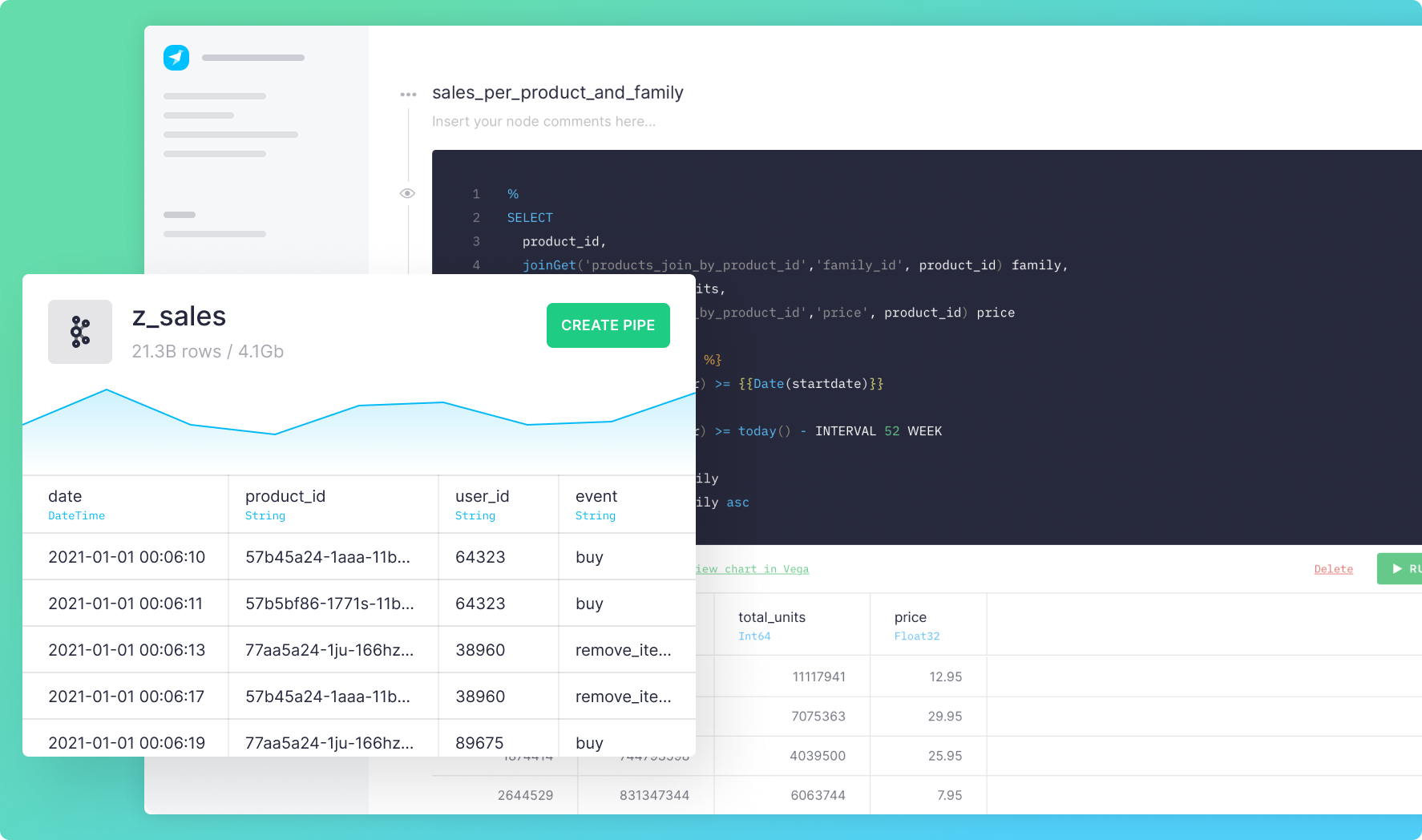Orca Security, an Israeli security company offering an agent-less platform for protecting cloud-based assets, secured a $550 million extension to the Series C funding round it raised seven months ago.
The initial $210 million round brought the company’s valuation to over $1 billion, and the latest round boosts the valuation by 50% to $1.8 billion, Avi Shua, co-founder and CEO told TechCrunch.
Temasek led the round and was joined by strategic investors SAIC and Splunk Ventures. The initial C round was led by CapitalG and included Redpoint Ventures, GGV, ICONIQ Capital, Lone Pine Capital, Stripes, Adams Street Partners, Willoughby Capital and Harmony Partners.
The extension is in line with the quick rounds Orca Security racked up over the past year. The company raised a $55 million Series B round last December, which followed a $20.5 million Series A round prior to that in May.
Since the Series C earlier this year, the company was busy building a new platform that will move the security environment to the cloud in minutes instead of months, Shua said.
“It’s like an MRI for the cloud,” he added. “Once you connect to the cloud environment, you can get a comprehensive view of the risks without any friction.”
As companies have moved to digital over the past two years, organizations were pushed to deliver features and capabilities in the digital space and couldn’t wait. This led to increased adoption of the cloud and security solutions. For Orca Security, this translated into “booming” growth, Shua said. The company has more than 200 people and grew revenue by 800%.
After closing the Series C, Shua received interest from additional investors wanting to partner with the company, and some of the names stood out to him as partners that could help the company accelerate.
“Temasek is a world-known investor and with strategic partners like Splunk and SAIC, we can go further,” he added. “We were not desperate for cash, but did want to position ourselves for the growth we were experiencing.”
He intends to deploy the new funding into three areas: engineering to continue to deliver more functionality, to extend its global reach and on go-to-market.
In support of both the global growth and go-to-market, Orca Security also announced Tuesday that it hired Meghan Marks as chief marketing officer. Previously, Marks was CMO for Palo Alto Network’s Prisma Cloud business unit.
Orca Security is operating in over 15 countries today and recently launched versions of its website in German, French, Chinese and Japanese. It will expand its footprint in the U.K., where it is opening an office and R&D center in London, as well as across the EMEA and APAC regions. It plans to staff the new London office with two dozen employees by the end of the year.
Shua sees the cloud continuing to move fast, and he expects cloud security to be the next trillion-dollar market over the next five years.
“Orca Security is positioned to be a leader in the market, and we are focused on technology that no one else has,” he added. “We are living in a fragile world, and there are usually no negative aspects to cyber. If you fail, you just try again in the next few minutes, which makes it harder to control. This is the reason the cyber market is growing. What we deploy can be used to protect the environment.”

